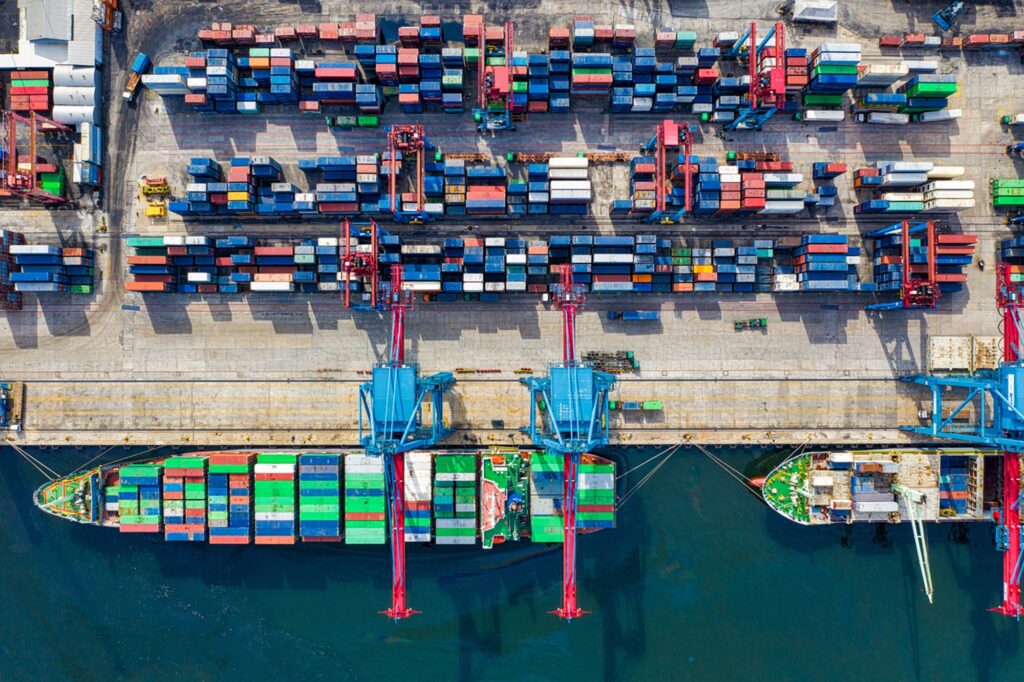Components of supply chain management takes a major part in the business process in the success of the business. As the businesses go through one or more processes from the raw material purchase to distribute the end product to the customers. Supply chain management works as a network that interconnects the various components in the business process and maintains the smooth flow of the process from beginning to end. It usually connects the raw material purchasing, manufacturing products, deliver the products or services to the customers.
It is very important for businesses to consider about two major aspects when it comes to effective supply chain management.
1. Supply chain management process should be cost-effective
2. Supply chain management should deliver the expected results accurately and in a timely manner
Components of supply chain management can be related to a simple business process or a complicated process with many business functions. Hence, supply chain management begins at the starting point of the product or service and ends at the delivery and consumption of the end product by the end customer.
There are millions of products that are available in the market and all these products go through a supply chain management process knowingly or unknowingly and helps the consumers to satisfy their needs and wants. Any break in the supply chain can create disruptive situations to the goods or services availability.
Supply chain management is created with a few inter-connected components that are very important for the maintenance of a smooth process. Below discussed are the identified components of supply chain management.
1. Planning
This is the first and the most important stage of supply chain management. At this stage, the business should decide and finalize the strategies and processes that are essential for the supply chain and place them in place. The business should be able to determine the demand and the current supply from the competitors, costing, profits, available resources for the business, and the ability for the business to carry out the business process.
It is better for the business to conduct market feasibility when finalizing the business strategies. Enough time and effort should be devoted to this stage as the success of the entire process can depend on the planning stage. The business should move forward only after finalizing the plans after considering all the relevant aspects.
2. Information
Information is a major requirement for successful supply chain management. The accurate and timely flow of information helps all the levels in the supply change management process to be well informed. Apart from that, the business should be thorough with all the necessary latest information about the production process. The market trends, changes in consumer behavior, and demand and supply changes should be well-identified by the business and should be informed to the relevant parties to make accurate decisions.
3. Source
Suppliers to the business play a major role in the success of components of supply chain management systems. The end product or service in every business starts with different types of raw materials provided by the suppliers. It is important for the business to get the raw materials that have the expected quality and are cost-effective as well. Suppliers should be able to maintain a continuous supply and provide on-time within the provided budget.
4. Inventory
For a successful supply chain management system, it is important that the business inventory is properly managed and maintained. Inventory includes the raw material, work in progress as well as finished goods in the production process. The inventory should be updated regularly and should be monitored in order to maintain a proper re-order level, to maintain an effective production process as well as to provide goods to the customers without any shortage. Proper inventory management is crucial for the success of supply chain management as inventory plays a key role in any production process.
5. Production
The production plays a major part in the components of supply chain management systems. Production is only possible when all other components in the supply chain are fulfilling the expectations. For the production to start, planning, information, source, and inventory should be available. The production of goods and services should be followed by quality checking, testing, packaging, and delivery preparations.
6. Location
For any business related to any field, it is important to be established in a location that is profitable for the business activities. The location should easily facilitate the raw material supply for the production, should have enough space to carry out the production process, and should provide easy access to the selected market segment to distribute the product to the end customers.
7. Transportation
Transportation is important throughout the entire production process. The raw materials should be transported to the production plant, the work in progress material should be transported from one production area to the others and the finished products should be transported to the end consumers. Transport should ensure smooth movement of materials and should ensure the security of the products. Apart from that, the transportation method should be cost-effective.
8. Return of the goods
Among all the components of supply chain management, this stage ensures the quality of the final productions that reach the customers. The return of faulty or malfunctioned raw materials as well as final products helps the business to ensure the quality of the output that goes to the market. Since faults cannot be avoided and can happen at any stage of the production process, it is important to accept the faults that have been occurred and take necessary actions to minimize the adverse effects of the faults. The quality control methods that have been put in place throughout the supply chain management process will help the business to minimize the impact that can create by faults/malfunction.

